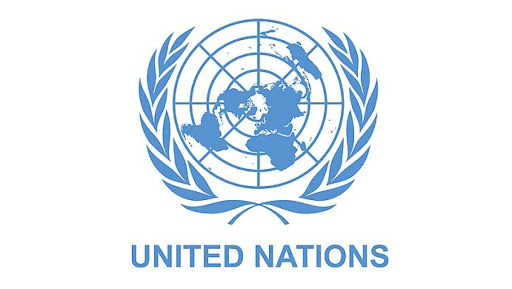Half of the sewage generated in Maharashtra's cities, towns, and villages continues to flow untreated into the state’s rivers, contributing to severe pollution, Environment Minister Pankaja Munde told the legislative council on Monday. She highlighted that Maharashtra accounts for 15% of India's most polluted river stretches and proposed the creation of a River Reserve Zone (RRZ) to combat the crisis.
A recent Central Pollution Control Board (CPCB) report revealed that out of 351 polluted river stretches across India, 55 are in Maharashtra.
“Of the 9,190 million litres of sewage generated daily by civic bodies, only 4,846 million litres are treated at 155 sewage treatment plants (STPs). The remaining 4,344 million litres of untreated sewage is discharged into rivers,” Munde said in response to a calling attention motion raised by legislators.
Government's Plan to Address Pollution
The National Green Tribunal (NGT) has directed the state to impose a ₹5 lakh fine per nullah that pollutes a river and has urged for significant funding to achieve 100% sewage treatment. To tackle the issue, Munde announced the formation of a task force dedicated to river pollution control.
When questioned by Leader of Opposition Ambadas Danve on whether the state was considering RRZs similar to Coastal Regulation Zones (CRZs), Munde said her administration would explore the possibility.
The government has proposed 79 new STPs capable of treating 4,202 million litres per day (MLD) and an additional 64 plants with a combined capacity of 2,024 MLD to enhance sewage treatment infrastructure.
Major Polluted Rivers in Maharashtra
According to the CPCB, the Mithi River is among the worst affected, functioning as an open sewage channel. Other rivers facing moderate pollution, such as Bhatsa, Kalu, Tansa, Surya, and Vaitarna, supply drinking water to Mumbai.
Additionally, heavily polluted rivers in and around the Mumbai Metropolitan Region include Ulhas, Savitri, Kundalika, Patalganga, and Vashishthi.
The government now faces mounting pressure to implement stringent measures and expand sewage treatment facilities to prevent further deterioration of Maharashtra’s water bodies.




